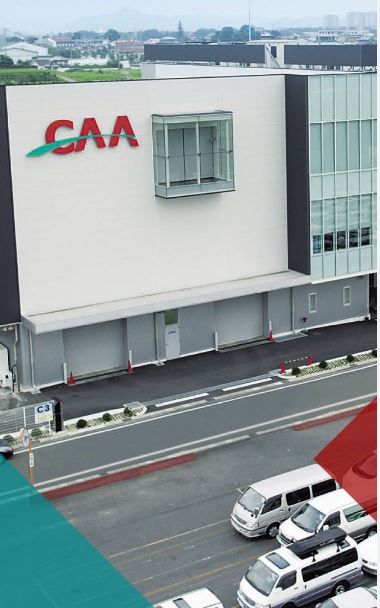The history of auto auctions: How they evolved over time
Auto auctions have been around for over a century, and their evolution has been shaped by several factors, including technological advances, economic conditions, and changing consumer preferences. Here is a brief history of how auto auctions have evolved:
Early 20th century: The first auto auctions were established in the early 1900s as a way for dealers to dispose of excess inventory. These auctions were typically held at local fairgrounds or auction houses and were attended primarily by dealers and wholesalers.
Mid-20th century: Auto auctions began to expand in the mid-20th century as the demand for used cars grew. During this time, more auction companies were established and auctions became more professionalized. The introduction of standardized grading systems and condition reports helped to increase transparency and build trust among buyers and sellers.
Late 20th century: The 1980s and 1990s saw a major shift in the auto auction industry, as computer technology became more prevalent. This led to the development of online auctions, which allowed buyers and sellers to participate in auctions from anywhere in the world. The introduction of digital platforms also enabled auctions to be conducted more efficiently and effectively.
21st century: Today, auto auctions have become a multi-billion dollar industry. Online auctions continue to grow in popularity, and many traditional auction companies have developed their digital platforms. In addition, the rise of mobile technology has enabled buyers and sellers to participate in auctions from their smartphones or tablets.
The evolution of auto auctions has been driven by the need to provide a convenient and efficient way for buyers and sellers to connect. As technology continues to advance, auto auctions will likely continue to evolve to meet the changing needs of consumers.
Auto auctions in Japan have a long and rich history, with several key milestones along the way. Here are some of the most significant milestones in the history of auto auctions in Japan:
1964: The first Japanese auto auction was held in Tokyo. It was organized by a group of used car dealers who wanted to establish a more efficient and transparent system for buying and selling cars.
1970s: The popularity of Japanese auto auctions began to grow rapidly, as more and more dealers recognized the benefits of buying and selling cars in this way. By the end of the decade, there were several large auction houses operating throughout Japan.
1980s: The Japanese government began to regulate the auto auction industry more closely, in order to ensure that it was fair and transparent. Auction houses were required to register with the government and follow strict rules regarding bidding procedures and vehicle inspections.
1990s: The introduction of online bidding systems revolutionized the Japanese auto auction industry. Buyers and sellers no longer needed to be physically present at the auction house to participate in the bidding process, making it easier and more convenient for everyone involved.
2000s: Japanese auto auctions began to attract international buyers, particularly from countries in Africa, Asia, and the Pacific. This helped to boost the industry and expand the range of vehicles available for auction.
2010s: Auction houses began to adopt more advanced technology, such as real-time video streaming and automatic bidding systems, to further streamline the auction process and make it even more accessible to buyers and sellers around the world.
The Japanese auto auction industry has evolved significantly over the years, becoming one of the most efficient and transparent ways to buy and sell used cars in the world.
CAA Gifu auto auction – the experts!

CAA Gifu is an auto auction located in the city of Gifu, Japan. It is one of the many auto auctions in Japan where used cars are auctioned off to buyers, including dealerships and individual consumers, both within Japan and overseas. CAA Gifu is owned by the CAA group, which also operates other auto auctions throughout Japan.
Auto auctions in Japan are known for their high-quality and low-mileage vehicles, as Japanese car owners tend to maintain their vehicles well and trade them in for new ones regularly. As a result, auto auctions in Japan have become a popular destination for buyers seeking to import used cars from Japan to their home countries.
At CAA Gifu, cars are auctioned off in various categories, including passenger cars, trucks, and buses. The auction operates on a bidding system, where potential buyers place bids on the vehicles they are interested in, with the highest bidder winning the auction. The Japanese auction house also provides inspection reports and grading for each vehicle, so buyers can make informed decisions about the condition of the vehicles they are interested in.
CAA Gifu is a reputable and reliable auto auction in Japan, offering a wide selection of quality used vehicles to buyers both in Japan and around the world.
Japan Motor Co., Ltd. www.japan-motor.com, having access to all auto auctions in Japan, is an agent for the purchase of used cars, motorcycles, machinery and the provision of export services to anywhere in the world.
 07.06.2025 / 11:07
07.06.2025 / 11:07